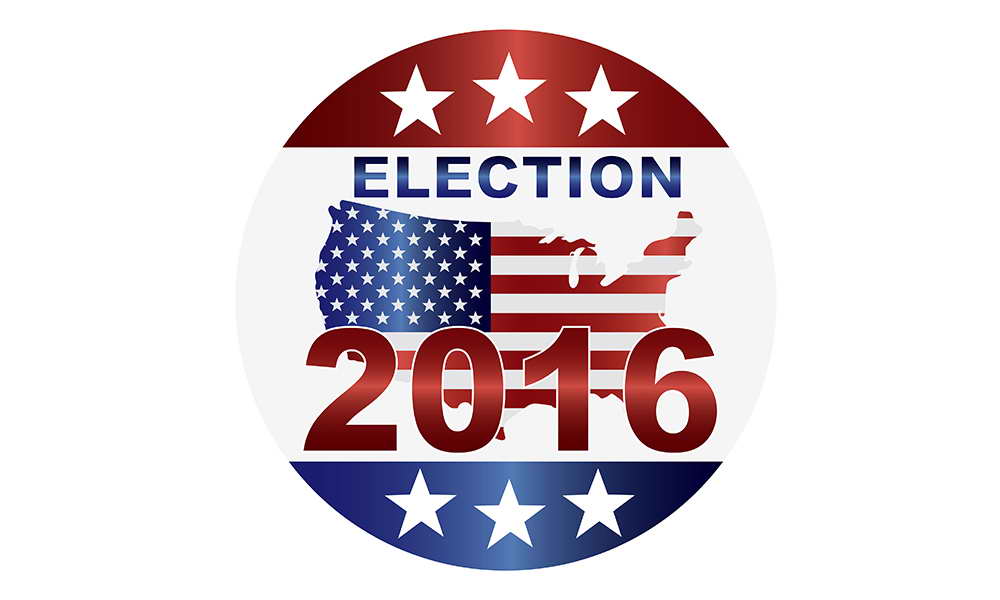By Dr. Lee M. Miringoff
My class this semester on “The Presidential Campaign of 2016” at Marist College is a group of talented and enthusiastic undergraduates bringing their fresh perspective to voting, this unprecedented presidential election, and the state of American democracy. It warms the political scientist side of my heart to interact with this current, idealistic, imaginative, and global-reaching generation of students which is about to inherit a messy and cynical world.
 But, the pollster in me knows that voters throughout the United States are frustrated by the gridlock in government and discouraged by a presidential campaign that has sunk to the lowest common denominator. Regardless of whether Trump or Clinton wins the White House, they will be the most unpopular president to take office that we have ever had.
But, the pollster in me knows that voters throughout the United States are frustrated by the gridlock in government and discouraged by a presidential campaign that has sunk to the lowest common denominator. Regardless of whether Trump or Clinton wins the White House, they will be the most unpopular president to take office that we have ever had.
This year’s story began with the primaries during which each party had to deal with a strong anti-establishment candidate. It is said that Republicans typically fall in line and Democrats fall in love. Well, in 2016, the GOP has been slow to fall in line behind Donald Trump, and the candidate with whom Democrats fell in love is not their nominee. So, voters in both parties have had to drop down on their wish list, and for many it has been a tough pill to swallow.
To make matters even more difficult for voters in 2016, there are ongoing issues of corruption and money swirling around the Clinton candidacy. And, among many other concerns, the GOP candidate claims the election is rigged, and he may not accept the results of the people’s vote on Election Day unless he wins. The boundaries of political dialogue have certainly been stretched this year.
Elections are supposed to be about issues, policies, and a mandate to move government forward. Who would seriously argue that this campaign has been remotely issue focused? Who would legitimately claim that the winner can make a strong case for moving the country in a specific policy direction? Will there be enough of a kick from voters so that Washington moves away from the gridlock that has increasingly characterized our politics?
I became a political scientist and public opinion pollster because of my faith in public opinion, and a belief voiced many decades ago by V.O. Key that voters make the right decision if presented with accurate information. During my lifetime (starting with my high school years during the tragedies of 1968 and my first vote for president as a college student in 1972), much of what makes the American experiment unique in the history of civilization has eroded. This time, so much more is being threatened.
It is not only government and elections that are under the microscope. The institutions of religion, education, corporate business, the media, and others are taking their lumps, as well.
In class, I am eager to reference Abraham Lincoln’s comment that public opinion is the only legitimate sovereign in a democracy. I hope the millennial generation pushes us baby boomers aside and works to restore the element to our democracy with which we have seemed to have lost touch. It’s really the only path to a better future.
Lee M. Miringoff is Director of The Marist College Institute for Public Opinion and is a faculty member of the Political Science Department at Marist College.

